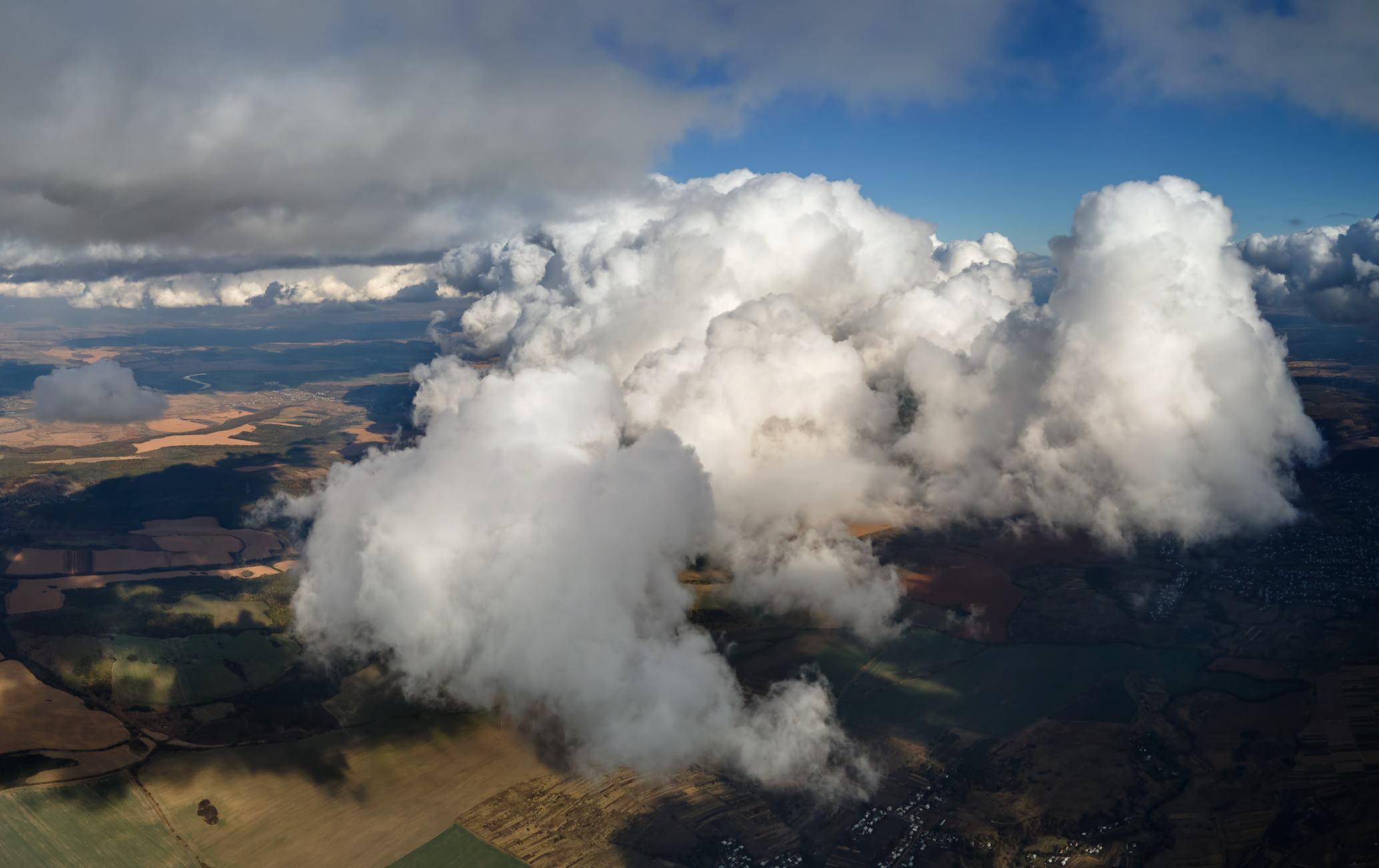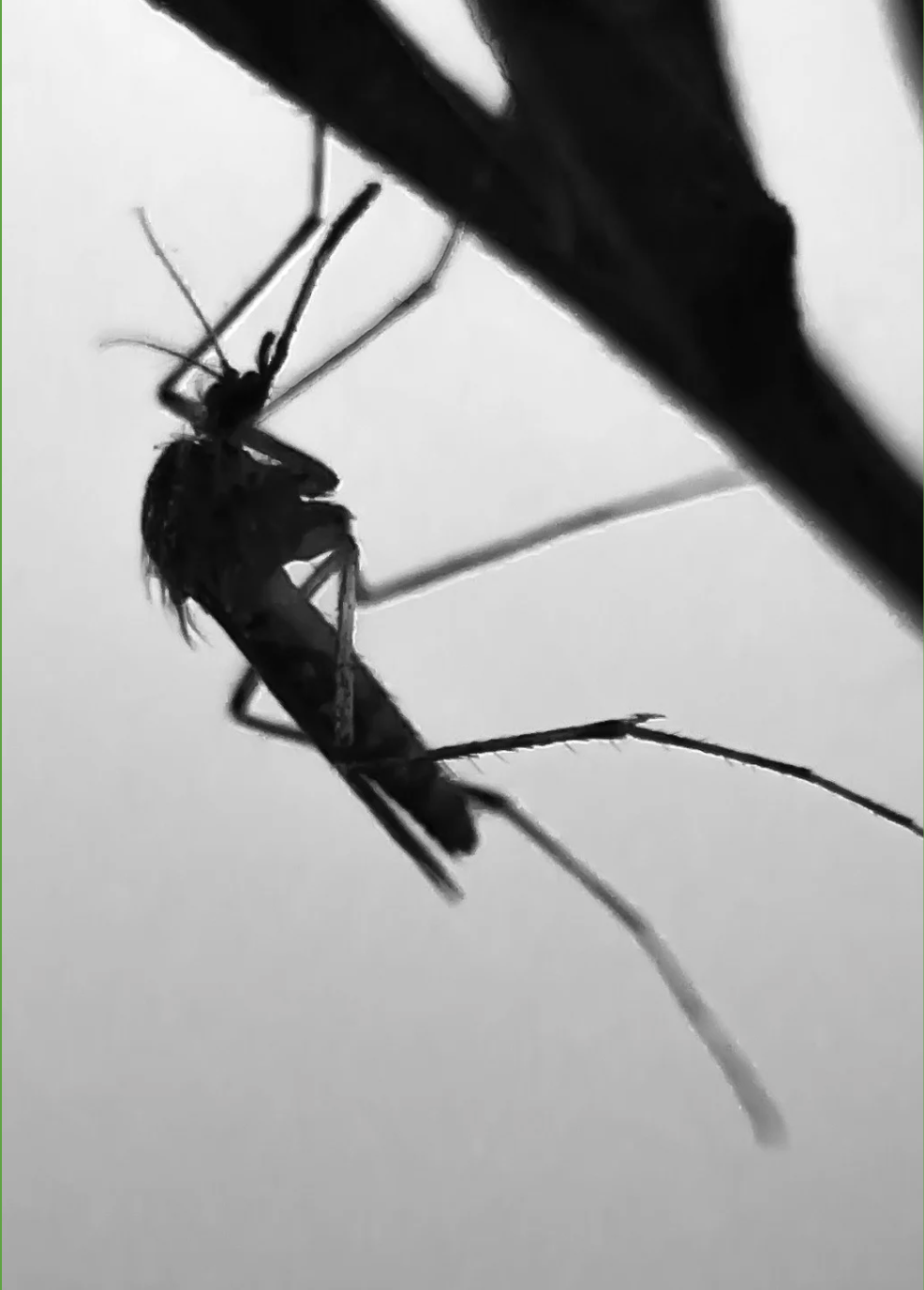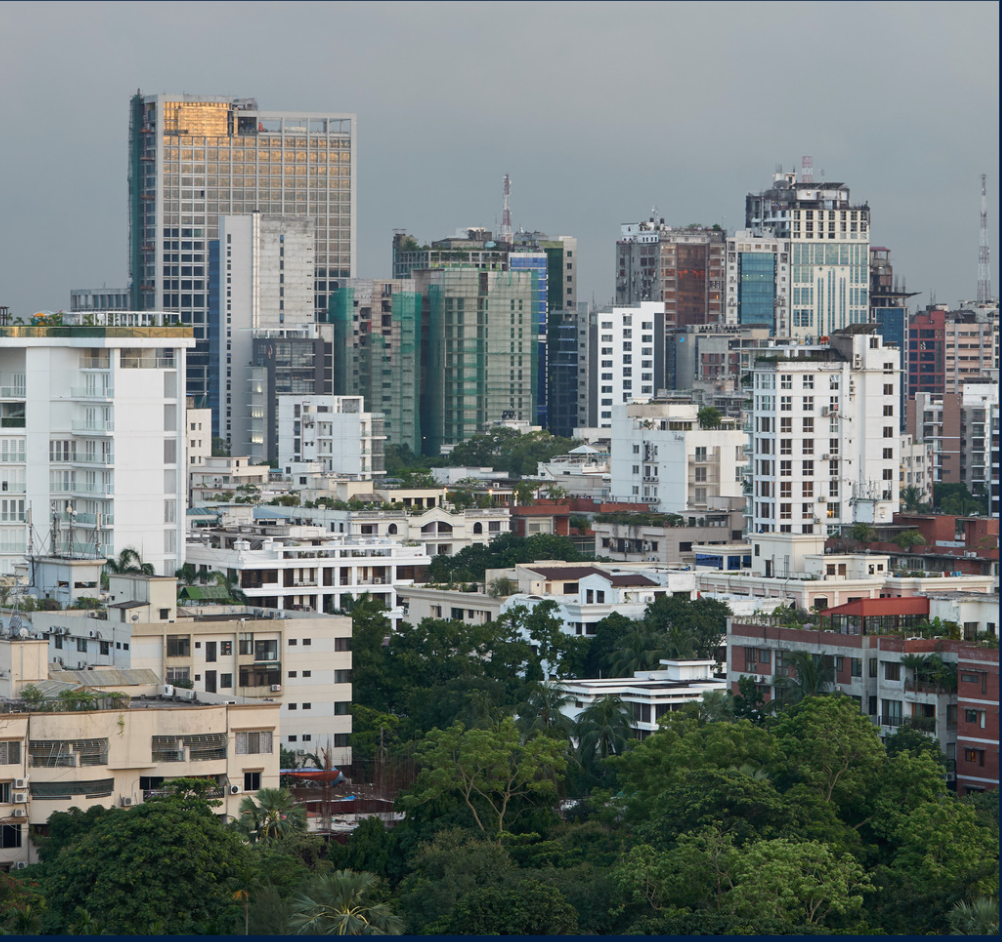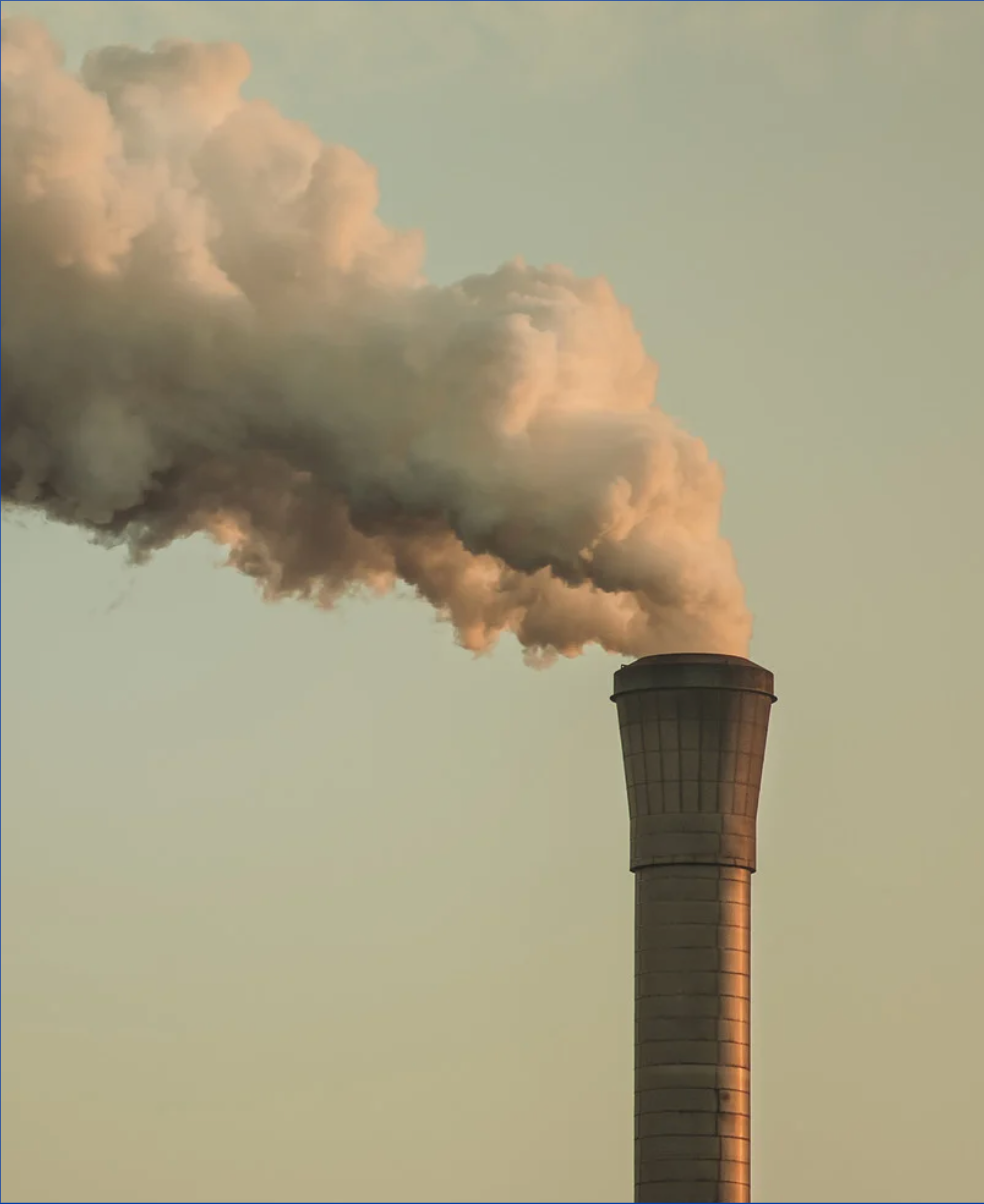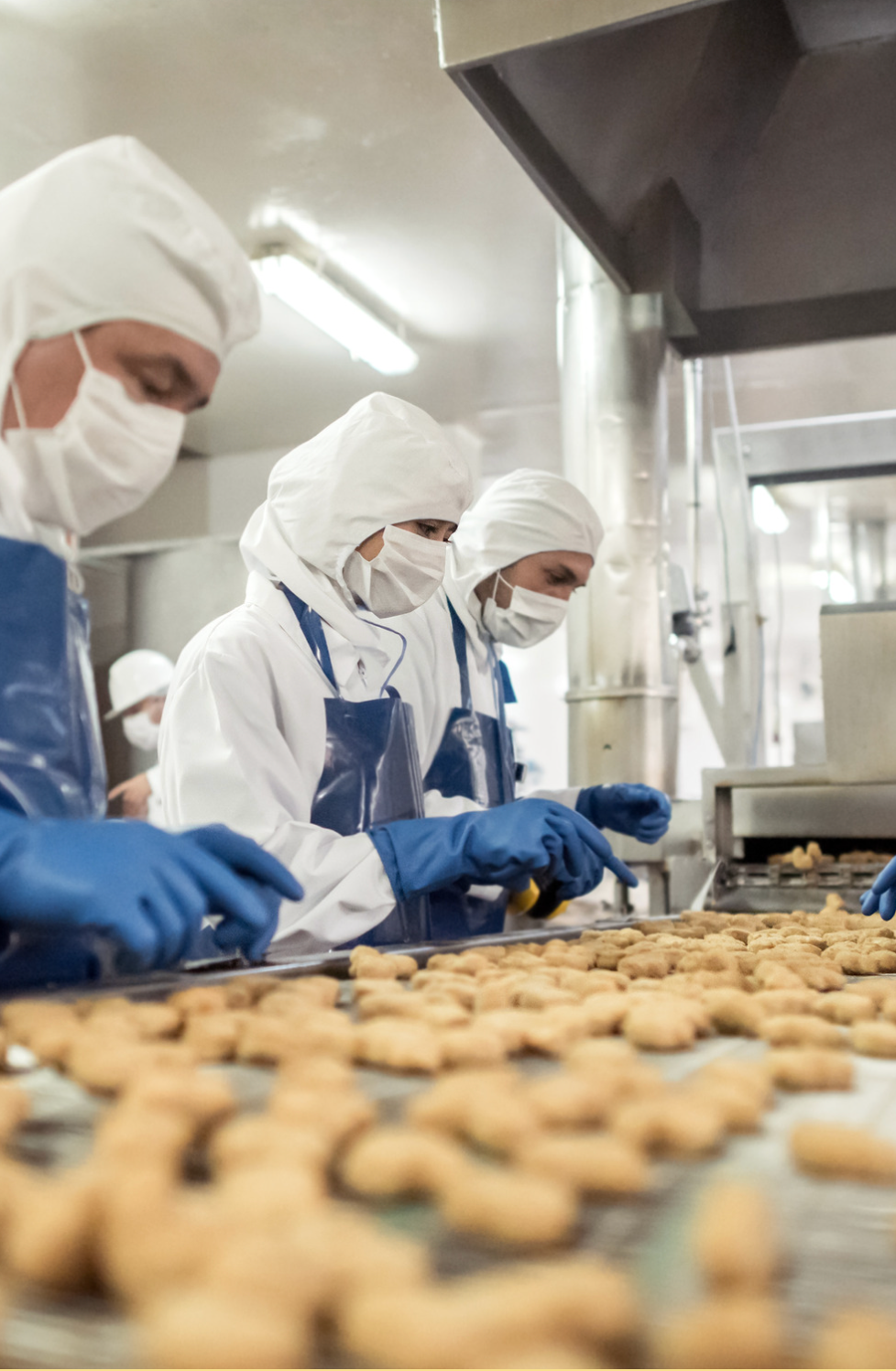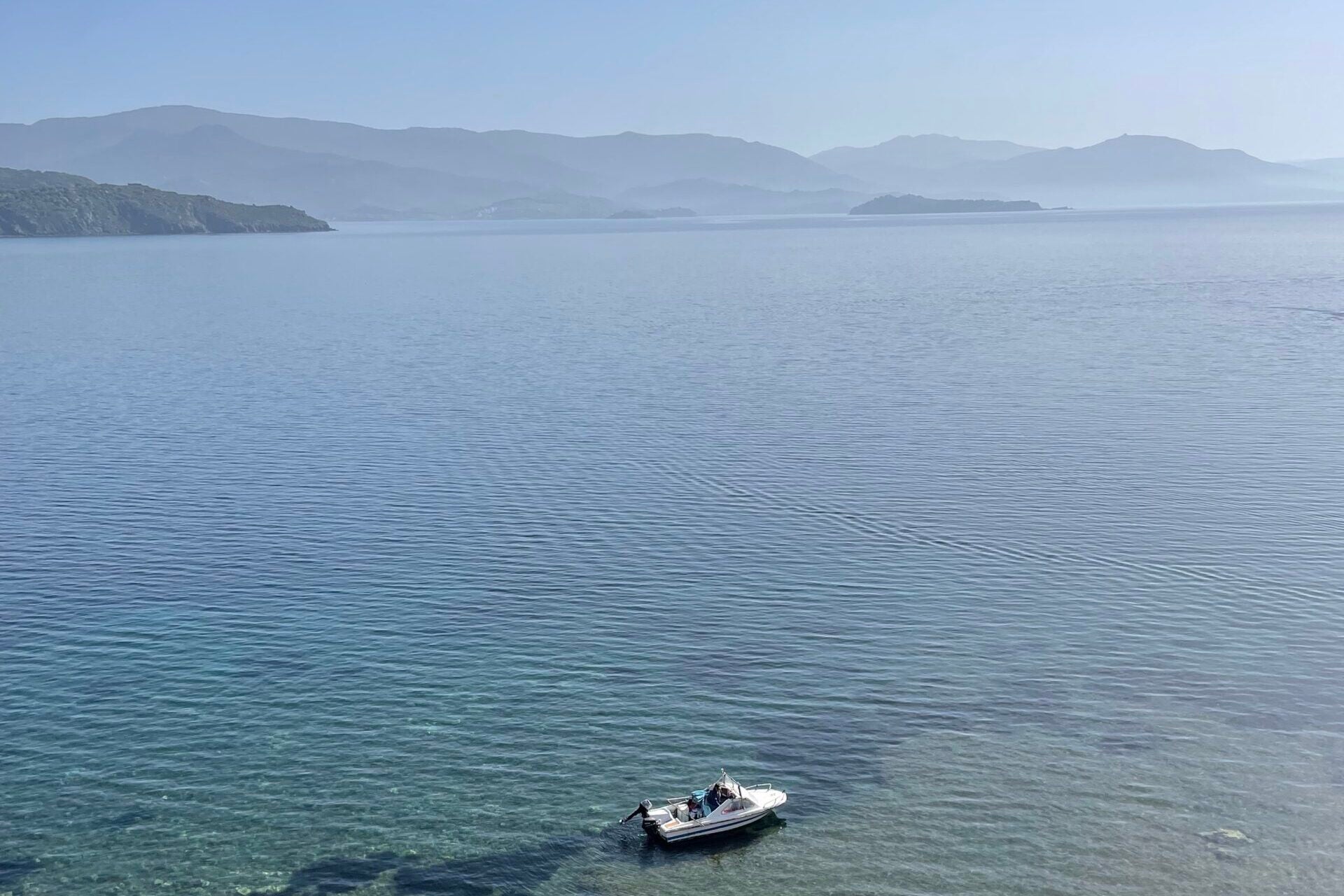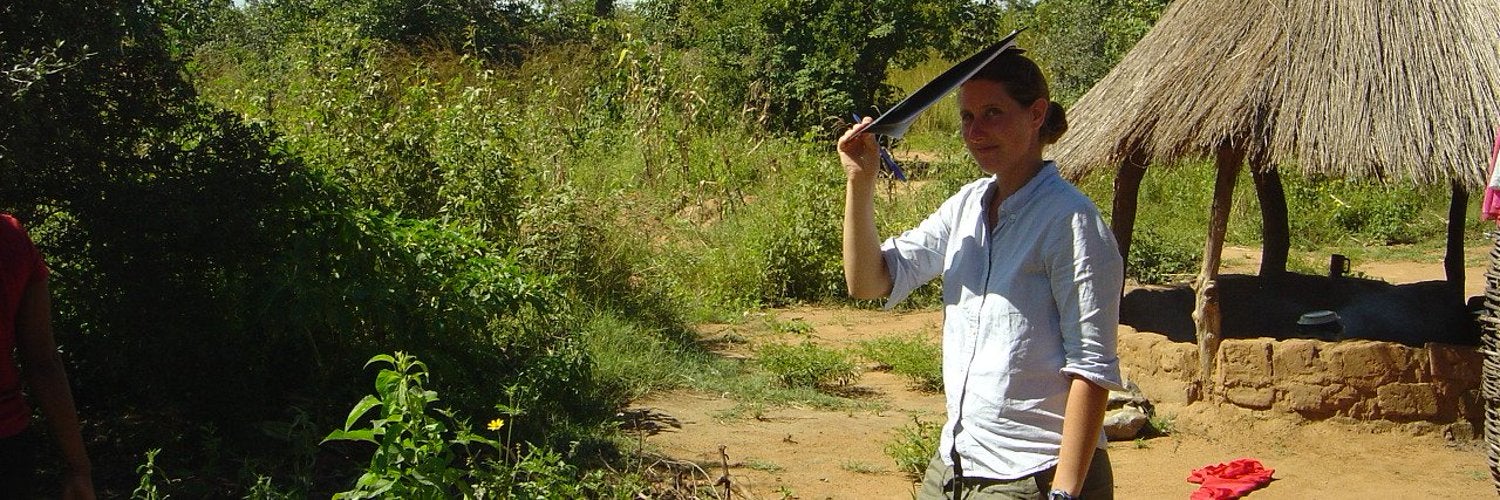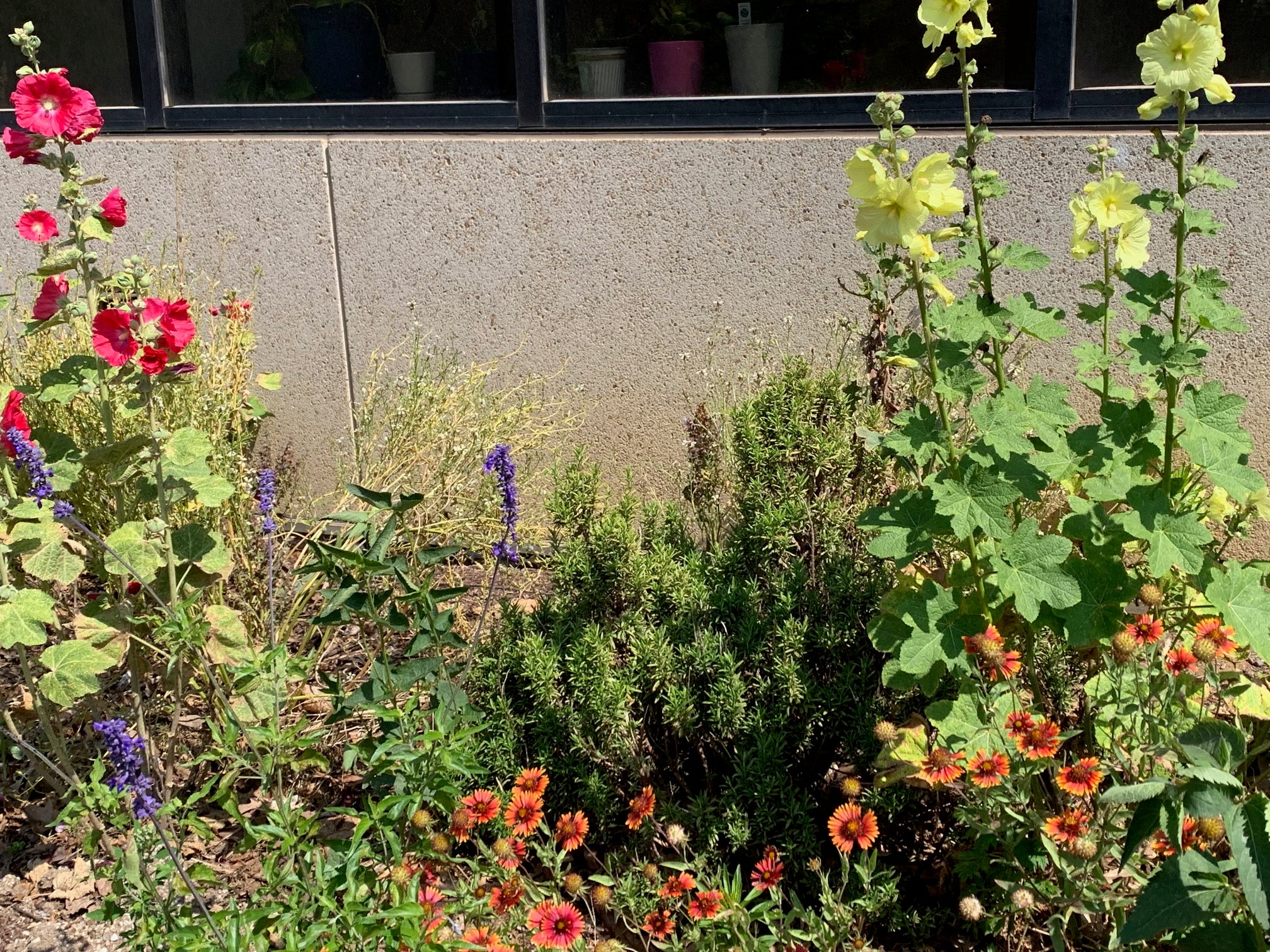ECo Impact Awards: 2024 Recipients
The ECo Impact Awards provide seed funding for Georgetown faculty across schools and campuses to support environmental and sustainability projects. These awards aim to foster new collaborations, interdisciplinary research, and actionable initiatives, making Georgetown a greener and more vibrant institution.
Exploring Zoonotic Disease Reservoirs Hidden in a Keystone Resource
Brian Griffiths, Jamie W. Becker
Examining the Connection Between Exposure to Elevated Temperature and Adverse Mental Health Outcomes in Urban Heat Island Slum Communities in Bangladesh
Shabab Wahid, Emily Mendenhall
The Political Economy of Decarbonization: Innovation, Contestation, and Backlash
Tim Bartley, Erik Voeten, Kathleen Mcnamara, Abraham Newman
What Is “Normal” About Climate Change? An Investigation of How Social Norms Frame Influences Intention to Act
Marissa Fond, Rose Hendricks, Charlotte Vaughn
Project Details
Exploring Zoonotic Disease Reservoirs Hidden in a Keystone Resource

Brian Griffiths, Jamie W. Becker (Alvernia University)
Mineral licks are keystone resources in the Amazon rainforest, where animals eat soil that supplements their diet with minerals and binds plant-based toxins. Visiting animals include large mammals, bats, parrots, and more. Mineral licks are often muddy, with stagnant water providing perfect breeding grounds for mosquitos. High rates of visitation by animals and the physical characteristics of licks indicate that they may be hotspots of zoonotic diseases: diseases that spread between animals and people. Many of these diseases may be transmitted by vectors, like bats and mosquitoes, but some may spread through close interactions with animals. Humans also visit mineral licks as key cultural and hunting sites and may be exposed to disease. Our project will assess whether mineral licks are hotspots of zoonotic diseases like malaria, histoplasmosis, and more. We will visit mineral licks deep in the Amazon rainforest to collect soil and water samples, which we will extract environmental DNA (eDNA) from. We will sequence that DNA in the field to look for specific markers which indicate the prevalence of diseases. This project has the potential to add a new dimension to what we know about mineral licks, and discover a totally new pathway for zoonotic disease transfer.
Examining the connection between exposure to elevated temperature and adverse mental health outcomes in urban heat island slum communities in Bangladesh
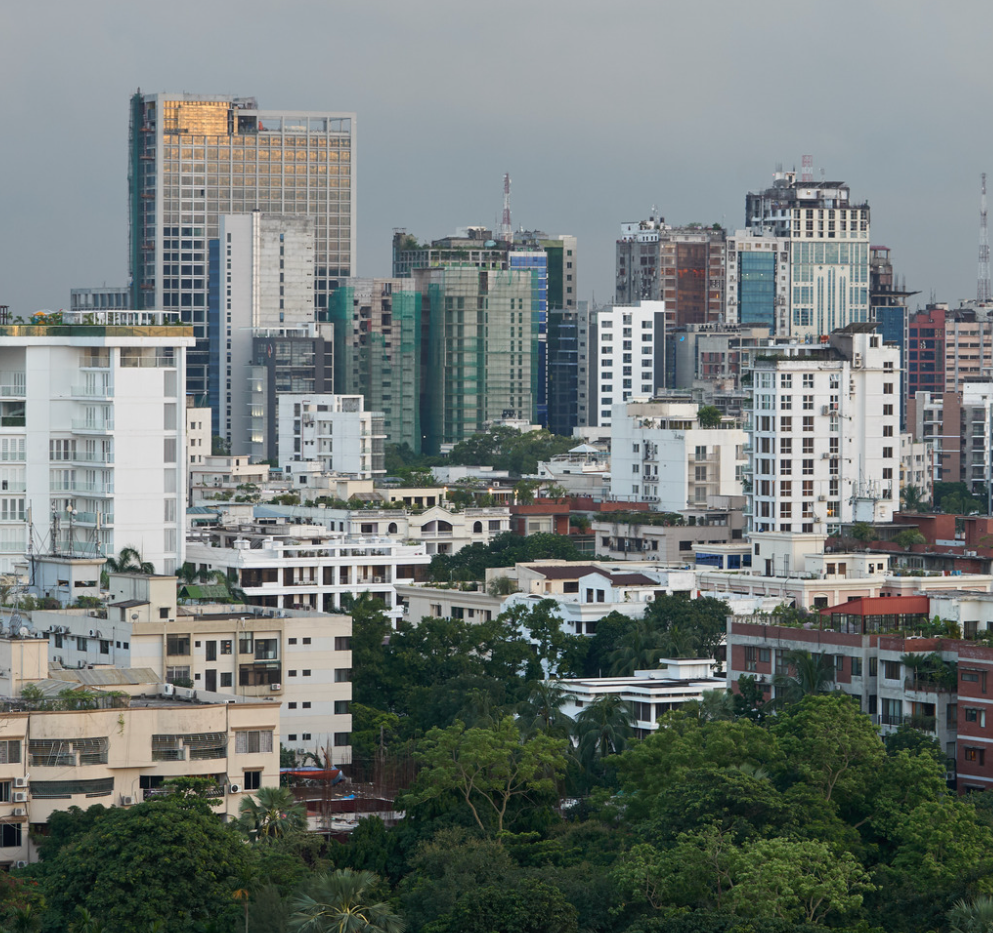
Shabab Wahid, Emily Mendenhall
In partnership with the SAJIDA Foundation in Bangladesh, Georgetown University faculty, Dr. Shabab Wahid (Global Health) and Dr. Emily Mendenhall (School of Foreign Service) will conduct a mixed methods study to examine how exposure to elevated temperature is connected to poor mental health outcomes in several ‘heat island’ slum communities in Bangladesh. This longitudinal study will conduct monthly surveys to screen for depression, anxiety, psychological distress, and suicide risk, while collecting 24-hour records of ambient room temperature on the day of the surveys, among a cohort of female slum residents. In addition, the study will use in-depth qualitative interviews with female participants and the primary male member of their household (e.g. husbands or fathers) during active heat waves, to explore the subjective lived experience of how heat affects the mind, body, mood, emotions, impulsivity and aggression, spousal and family conflict, social disruptions, and overall mental health and well-being. The proposed research would be the first to examine these issues in LMIC urban slum communities using a granular time series approach. Moreover, using a qualitative approach would also generate novel evidence on the real-time lived experience of heatwaves and mental health and other salient societal outcomes.
The Political Economy of Decarbonization: Innovation, Contestation, and Backlash
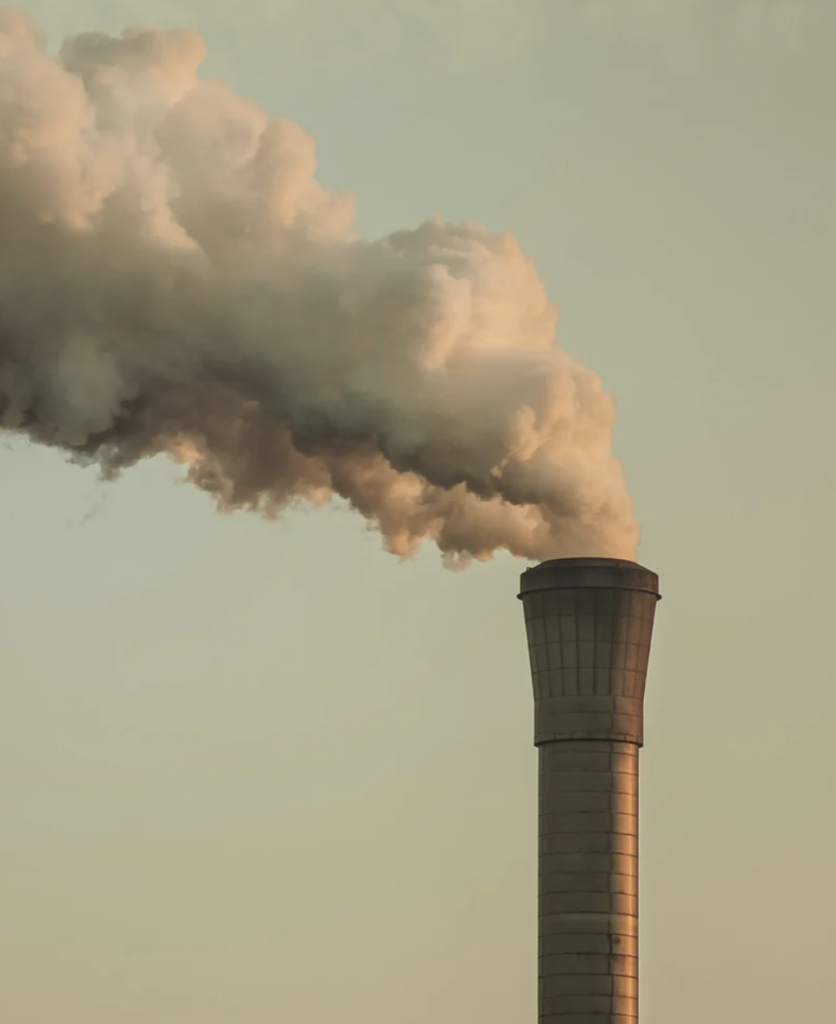
Tim Bartley, Erik Voeten, Kathleen McNamara, Abraham Newman
Efforts to mitigate climate change have heated up in the past five years. Green industrial policy measures, the expansion of carbon markets, and attempts to develop critical minerals all promise to spur crucial innovation. But they are also highly contentious, both within countries and in international arenas. Decarbonization policies have spurred populist backlashes in some countries, and they have become intertwined with an increasingly contentious—and perhaps crumbling—global trade regime. This project will begin to answer some fundamental questions about climate change as an axis of social and political conflict. For instance, are climate policy projects generating new cleavages and coalitions, or are they mostly amplifying pre-existing patterns? Do existing theories of domestic politics, social movements, and international regimes provide sufficient explanations, or are new frameworks needed to explain the political economy of decarbonization? We will collect preliminary data on political contention surrounding climate mitigation policies (including green industrial policy, carbon pricing and border adjustments, anti-deforestation measures, and critical minerals) and convene a series of scholarly workshops at Georgetown. Our project will also provide an institution-wide subscription to the Carbon Pulse news site, enabling all Georgetown faculty, staff, and students to more closely follow developments in climate policy around the world.
Work on A Heating Planet
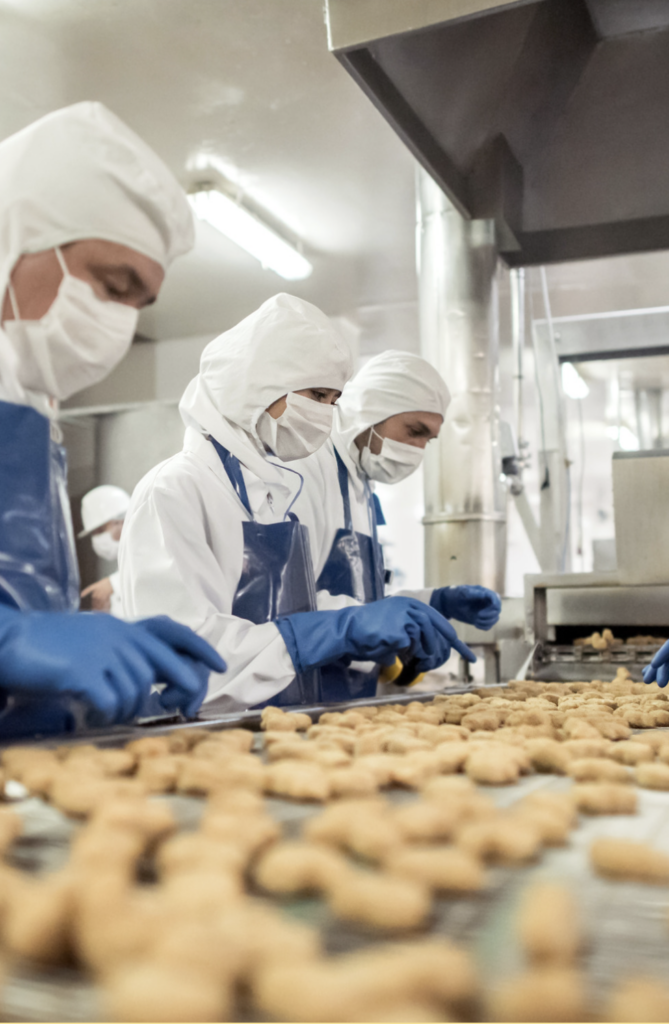
Denise Brennan, Professor and Chair, Department of Anthropology; Melinda González, Assistant Professor, School of Foreign Service; Allegra McLeod, Professor of Law; Rosemary Sokas, Professor Emeritus, School of Health
This interdisciplinary project brings together scholars from Georgetown’s Main, Law and Medical campuses to study climate-altered labor conditions. Because extreme heat, drought, floods, fires, and hurricanes are now regular events, existing worker protections no longer keep pace with increasing climate-induced harms. While certain populations are particularly vulnerable to exploitation, such as undocumented and incarcerated workers, climate-related hazards impact a wide array of workers. Through ethnographic field research in the U.S. and Puerto Rico, the project charts worker demands for greater protections, as well as worker knowledge on how to stay safe through unprecedented climate-related dangers. It also includes interviews with “disaster workers” who clean-up in the immediate aftermath of disasters. Rooted in environmental justice, this publicly-engaged advocacy project brings together otherwise siloed communities: migrant, worker, and environmental justice workers; anti-trafficking activists; artists; and community health and legal practitioners.
What Is “Normal” About Climate Change? An Investigation of How Social Norms Frame Influences Intention to Act

Marissa Fond (Georgetown University)
Rose Hendricks (Association of Science and Technology Centers)
Charlotte Vaughn (University of Maryland, Language Science Station at Planet Word)
Understanding how to encourage action on climate change is of urgent importance, and scholars and advocates recognize that everyday actions—like talking about climate change with friends and family—are necessary for inspiring whole-of-society change. But what messages can encourage people to talk about the topic, given that currently, the proportion of Americans doing so remains well under 50%? In collaboration with the Language Science Station, a research hub based at Planet Word, an interactive language and linguistics museum in downtown Washington, DC, we are investigating how framing manipulations influence people’s stated intentions to engage their family and friends on the topic of climate change. In this quantitative and qualitative research, we’re specifically investigating the effects of two types of social norms framing. In one experimental condition, participants encounter a message that many people talk about climate change; in the other condition, participants encounter a message that few people talk about it. Both conditions, as well as a control condition, include closed-ended survey questions as well as open-ended questions asking participants to explain and expand the message they heard, so that we can analyze how the framed message was filtered through each participant’s knowledge base. By conducting this research at Planet Word with participants of all ages, we aim to contribute to research on how we communicate about climate change, as well as engage museum visitors in conversations about language, research, and climate action.
Clay Mineralogy: Deep Pasts for Present Futures in Southern Africa

Kathryn De Luna, Provost’s Distinguished Associate Professor, Georgetown University
In July 2024, local Zambian potters visited our archaeological excavations at Isamu Pati. They were stunned by the high quality of the early second millennium ceramics scattered across the site. The potters asked how they could learn such techniques and we described the laboratory methods we use to answer just that question. When we asked “why learn ancient methods?”, the local women explained that if they could produce ceramic pastes and house plasters with the thermodynamic, repair, and reuse qualities obvious to them in their inspection of ancient pots and house clays, they might convince their neighbors to forego concrete houses and curb the ubiquitous plastic waste in their villages. Concrete is the highest contributor to greenhouse gases after coal, oil and gas; it requires vast amounts of water, but is the primary building material in the driest parts of the world, including southern Africa. Plastic waste is simply ubiquitous. This project combines laboratory analysis of archaeological clay materials with local potters’ experimentation and expertise to recover and perhaps improve ancient clay technologies as a means to address local concerns with the resource intensive and polluting dangers of concrete and plastic production and use in rural southern Zambia.
Impact Project Updates
Explore updates from previous years of transformative Impact Award funding

